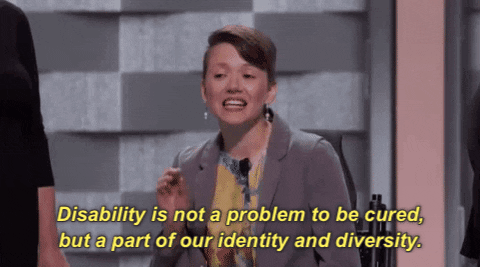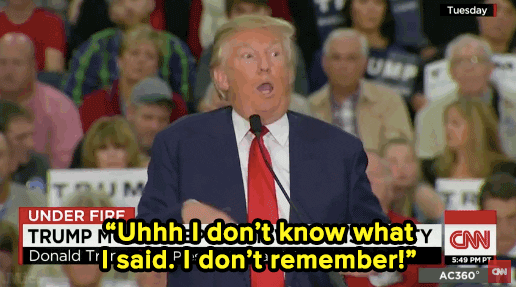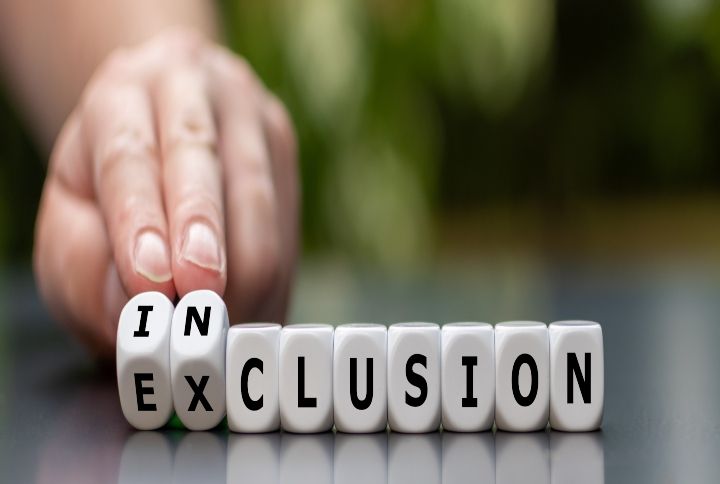Lately, social media and our real-life conversations are abuzz with words like social justice, equality, equity, etc. As we collectively become more woke, it’s essential we remember another ‘ism’—Ableism. On International Day Of Persons with Disabilities, we take a look at what disability is, what constitutes ableism, where ableism comes from, and the things we do or say that make us ableist.
What is a disability?
The UN Convention on Rights of Persons with Disabilities defines those for whom it advocates as “people who have long-term physical, mental, intellectual or sensory impairments which in interaction with various barriers may hinder their full and effective participation in society on an equal basis with others.”
The United Nations estimates that there are more than one billion people worldwide–around 15% of the population–living with a disability. Majority of the disabilities are invisible.
What is ableism?

The Cambridge English Dictionary defines ableism as “the unfair treatment of people because they have a disability“. These social prejudices and discrimination are based on the belief that typical abilities, or what society calls “normal”, are more superior.
Where does ableism come from?
- Lack of awareness and understanding of the history and varied experience of disability
- Pity and inspiration
- Practices and policies that are exclusionary in nature
- Outdated stereotypes on the abilities of disabled people
Signs You’re An Ableist

- You make disability a disabled person’s most important trait.
- You view disability as a ‘bad’ thing.
- Ableist terms like ‘retard’, ‘crazy’, ‘slow’, ‘spastic’, ‘abnormal’, ‘dumb’, etca are a part of your language.
- You use disabled-only parking or seats on a bus or train when you don’t need them.
- When you think of ‘disability’, you only think of visible disabilities.
- You are patronising about the ‘struggles’ and ‘bravery’ of disabled people.
- Asking unsolicited personal questions is second nature to you.
- You believe you know more about their impairment or chronic condition than they do.
- That people with disabilities should be segregated into separate schools, is a belief you uphold.
- You fail to incorporate accessible entrances and amenities in your buildings and workspaces.
- Your websites or apps are inaccessible.
- The assumption that people with disabilities need or always want to be ‘fixed’ is natural for you.
- You make jokes or mock people with disabilities.
- You assume people with disabilities have non-existent sex lives.
- When hiring for jobs, you outright discriminate against people with disabilities.
Can you think of other ways we promote ableism? Please share it with us in the comments below!
Join Malini’s Girl Tribe on Facebook to be a part of more such conversations!

